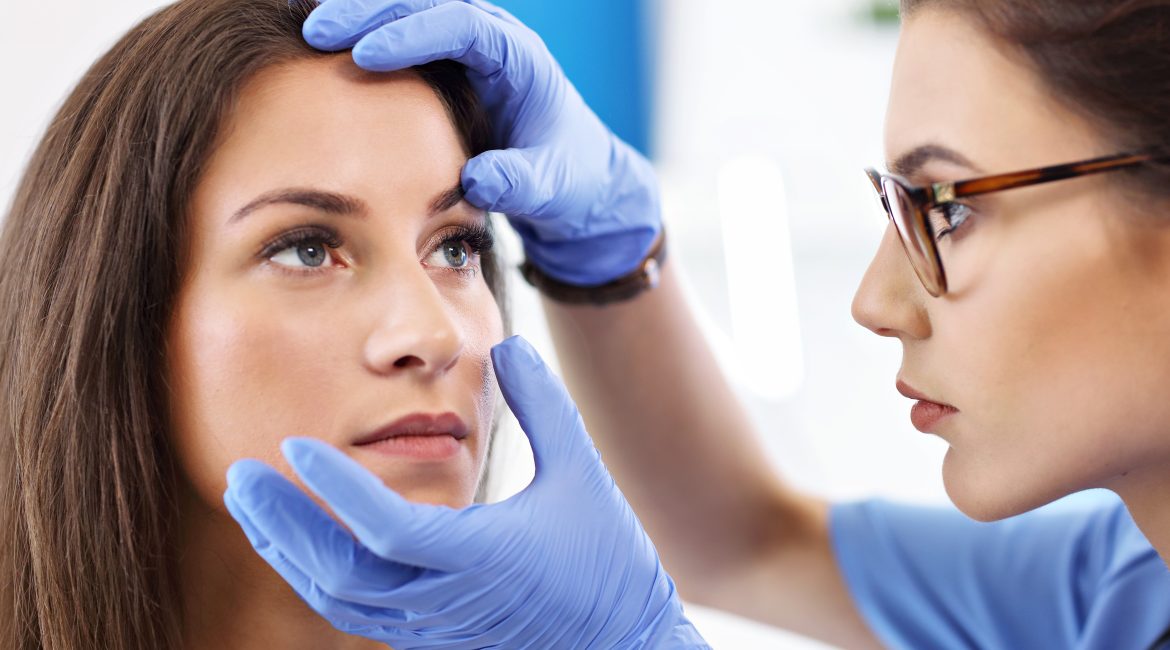A common occurrence among many of us, pink eye is one of those annoying (and sometimes painful) conditions no one wants to have. We discuss what it is, what causes it, how it is treated, and more importantly, how to prevent it.
If you have ever wanted to know more about pink eye but you just don’t know where to start, then this simple and helpful guide is here to save the day and maybe even help the pink eye go away…
What is pink eye?
Also known as conjunctivitis, pink eye refers to the inflammation of the thin and clear covering of the white of your eye and inside the eyelids. There are a number of causes for pink eye. The most common causes are very contagious, and you can easily get it from someone else or pass it onto another person if you have it.
Pink eye is normally caused by a virus, which might sound scary to hear, but it can be easily treated. Anyone can get pink eye, but school kids, office workers and store employees are most at risk because these people work closely together and can easily catch the virus.
What causes pink eye?
There are 3 main different causes for pink eye, and here they are:
Viral conjunctivitis: When pink eye is caused by a virus it is called viral conjunctivitis. This kind of pink eye is extremely contagious, but the good news is that it tends to clear up on its own within a few days without needing any medical treatment.
Bacterial conjunctivitis: This is caused by bacteria. If you have this kind of pink eye then you need to see a doctor as it can cause damage to your eye if left untreated.
Allergic conjunctivitis: This kind of pink eye is caused by things in the air like dust, pollen and animal dander that can irritate your eyes. This form of pink eye is typically seasonal.
Discover: 5 ways to combat your spring allergies
What are the symptoms of pink eye?
Well, the first symptom is an eye that looks pink or red in the whites of the eye. Other symptoms will depend on the type of infection:
Viral conjunctivitis: These symptoms include itchy, watery eyes and you may be sensitive to light. One of both of your eyes might be affected. This is contagious pink eye and is easily spread through sneezing and coughing.
Bacterial conjunctivitis: This kind of pink eye will cause a sticky yellowish eye discharge in the corner of your eye. This can sometimes be so severe that your eyelids are stuck together when you wake up. One or both of your eyes may be infected. This infection is contagious and is spread through direct contact with infected hands or items that have touched an infected eye.
Allergic conjunctivitis: The symptoms for this include burning, watery and itchy eyes. You might also have a runny nose and feel sensitive to light. Allergic pink eye affects both eyes and is NOT contagious.
What are the treatments for pink eye?
Viral conjunctivitis: This form of pink eye will typically heal on its own after a few days. You can try applying a cold, clean and wet cloth to your eyes a few times a day to soothe the swelling.
Bacterial conjunctivitis: This form of pink eye will be treated with antibiotic eye drops or eye ointments.
Allergic conjunctivitis: This form of pink eye can be treated with allergy medications.
When should I see my doctor for pink eye?
Most doctors recommend you seek medical attention when you notice your eye (or eyes) are irritated, red and inflamed. Some forms of pink eye can cause damage to your eye, which is why it is always best to get your eyes checked.
If you can’t afford to see a doctor, then we suggest you have a look at getting Health Insurance. The best part is that if you get health cover with Oneplan Health Insurance (that’s us), then we even pay you BEFORE you see your doctor of choice. It actually gets even better. Oneplan includes cover for optometrists too!
Find out more about what’s covered in health insurance here.
How can I prevent pink eye? 10 top tips
- Do not share personal items such as tissues, hand towels or cloths.
- Cover your mouth and nose when you sneeze or cough.
- Do not touch or rub your eyes.
- Frequently wash your hands.
- Use a hand sanitizer.
- Clean countertops, bathroom surfaces, tap handles and shared phones.
- If you suffer from seasonal allergies, speak to your doctor about what medications you can take to help treat these.
- Wear goggles when swimming in public pools.
- Remove your contact lenses before showering to avoid trapping bacteria between our eyes and the lenses.
- Take proper care if you wear contact lenses and follow the care instructions correctly.
What should I do if my child has pink eye?
If your child has pink eye, then make sure you tell their teacher to that he or she can clean any surfaces and disinfect their classroom. You should take your child to the doctor and keep them at home until they have passed their contagious stage, this is typically 3 to 5 days after diagnosis.
Your Health Insurance Family,
Oneplan




